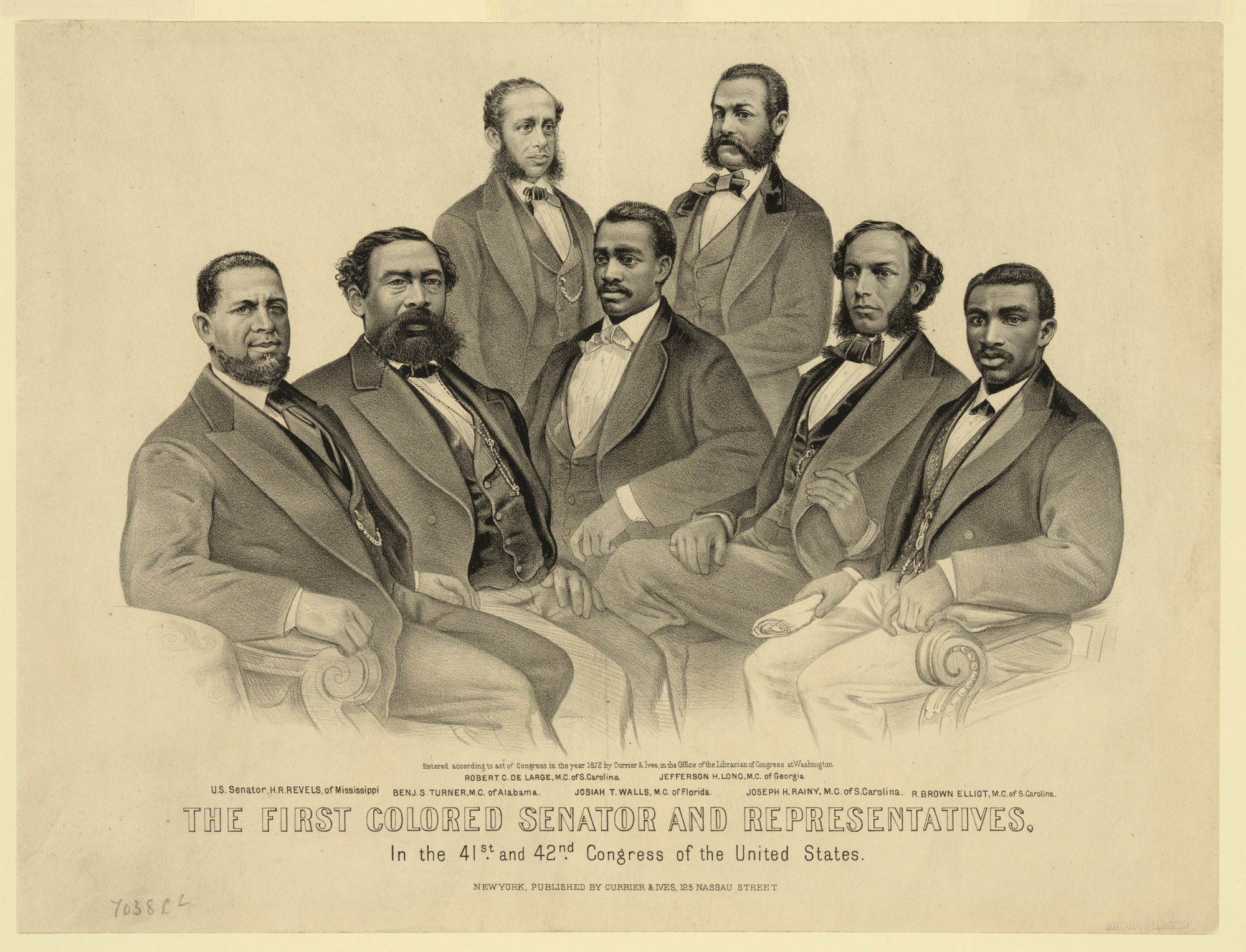Report on the Sanctioning of Addameer and its Implications for Sustainable Development Goals
Executive Summary
This report analyzes the decision by the United States Department of the Treasury’s Office of Foreign Assets Control (OFAC) to sanction the Palestinian human rights organization, Addameer. The action, enacted on June 10, is examined through the framework of the United Nations Sustainable Development Goals (SDGs). The sanctions are found to directly contravene key targets within SDG 16 (Peace, Justice and Strong Institutions), SDG 17 (Partnerships for the Goals), and SDG 10 (Reduced Inequalities), thereby undermining the global commitment to sustainable development, human rights, and the rule of law.
Direct Contravention of SDG 16: Peace, Justice and Strong Institutions
The sanctions against Addameer represent a significant setback for the advancement of SDG 16, which is dedicated to promoting peaceful and inclusive societies, providing access to justice for all, and building effective, accountable, and inclusive institutions.
Erosion of Access to Justice (Target 16.3)
The measure critically impairs the ability to ensure equal access to justice. Addameer’s core function is providing legal aid to Palestinian detainees, a service essential for upholding the rule of law.
- The sanctions obstruct Addameer’s capacity to offer pro bono legal representation to over 3,000 Palestinians held in administrative detention without trial or charge.
- This action curtails advocacy for the rights of detainees who, according to reports, face torture, sexual violence, and denial of adequate medical care.
- By crippling a primary legal aid provider, the sanctions weaken the institutional framework necessary for ensuring due process and fair trials, a cornerstone of Target 16.3.
Assault on Fundamental Freedoms and Human Rights Defenders (Target 16.10)
The decision directly undermines the protection of fundamental freedoms and creates a hostile environment for human rights defenders, contrary to the aims of Target 16.10.
- The sanctioning of a prominent human rights organization sets a dangerous precedent, using counter-terrorism measures to silence reporting on human rights violations.
- It contributes to a “chilling effect,” discouraging civil society organizations from documenting and opposing alleged war crimes, crimes against humanity, and apartheid.
- This action is part of a broader pattern of attacks against Palestinian civil society, following the 2021 Israeli designation of Addameer and five other groups as “terrorist” organizations without presenting credible evidence.
Undermining SDG 17: Partnerships for the Goals
The sanctions disrupt the multi-stakeholder collaborations that are essential for achieving the SDGs, as outlined in SDG 17.
Disruption of Global Partnerships (Target 17.17)
- The sanctions impede Addameer’s long-standing partnerships with international human rights organizations, including Amnesty International and Human Rights Watch.
- Operational difficulties created by the sanctions will negatively affect engagement with local and international partners, including US-based groups, fracturing the global network required to advance human rights.
- This unilateral action undermines international cooperation and the consensus-based approach necessary for sustainable development, particularly in conflict-affected regions.
Exacerbating SDG 10: Reduced Inequalities
The measure deepens existing inequalities and undermines efforts to promote social and political inclusion for marginalized populations, as mandated by SDG 10.
Reinforcing Systemic Discrimination (Targets 10.2 & 10.3)
- The sanctions disproportionately impact Palestinians by targeting an organization dedicated to defending their rights, thereby reinforcing their political and social exclusion.
- By punishing voices that oppose occupation and advocate for Palestinian rights, the US action aligns with and validates discriminatory policies that seek to muzzle human rights advocacy.
- This move obstructs the goal of ensuring equal opportunity and eliminating discriminatory practices, instead entrenching the systemic inequalities faced by Palestinians.
Conclusion and Recommendations
The sanctioning of Addameer by the US Treasury is a regressive measure that severely compromises progress toward key Sustainable Development Goals. It weakens the rule of law, attacks fundamental freedoms, disrupts vital partnerships, and exacerbates systemic inequality. To realign with international human rights norms and commitments to the 2030 Agenda for Sustainable Development, the following action is imperative:
- Immediate Reversal of Sanctions: OFAC must immediately reverse its baseless and arbitrary decision to impose sanctions on Addameer to restore the organization’s ability to provide essential legal services and uphold human rights.
- Protection of Civil Society: States must actively protect human rights defenders and civil society organizations, recognizing them as essential partners in achieving peace, justice, and sustainable development for all.
Analysis of SDGs, Targets, and Indicators
1. Which SDGs are addressed or connected to the issues highlighted in the article?
-
SDG 16: Peace, Justice and Strong Institutions
This is the most relevant SDG as the article focuses on the violation of human rights, the lack of access to justice for Palestinian detainees, the arbitrary use of power by state authorities, and the targeting of a human rights organization (a key civil society institution) that works to uphold the rule of law. The article discusses issues like administrative detention without trial, torture, and the systematic effort to “muzzle human rights reporting,” which are all central to SDG 16.
-
SDG 10: Reduced Inequalities
The article describes the situation in the context of systemic oppression against Palestinians, referencing “apartheid” and “occupation.” The sanctions and the actions against Addameer are presented as part of a broader pattern of discrimination and violation of the rights of a specific group of people, which directly relates to the goal of reducing inequalities and eliminating discriminatory practices.
-
SDG 3: Good Health and Well-being
The article explicitly mentions the denial of “adequate food, medical care” to Palestinian detainees and notes that “Over 72 Palestinians have died in Israeli custody since 7 October 2023.” These points directly connect to the fundamental right to health and well-being, especially for vulnerable populations like prisoners.
-
SDG 17: Partnerships for the Goals
The article highlights the importance of partnerships among civil society organizations, noting that Amnesty International and Human Rights Watch have “worked closely with Addameer for decades.” It also states that the sanctions will “negatively affect their engagement with their partner organizations, locally and internationally.” This demonstrates the critical role of partnerships in human rights work and the threat posed to them, which is a key theme of SDG 17.
2. What specific targets under those SDGs can be identified based on the article’s content?
-
Target 16.1: Significantly reduce all forms of violence and related death rates everywhere.
- The article references “ongoing war crimes, crimes against humanity, and acts of genocide against Palestinians” and mentions that “Over 72 Palestinians have died in Israeli custody,” which directly relates to reducing violence and death rates.
-
Target 16.3: Promote the rule of law at the national and international levels and ensure equal access to justice for all.
- The article’s core subject is the lack of justice. It highlights that Israeli authorities are holding “over 3,000 Palestinians in administrative detention without trial or charge.” Addameer’s work in providing “pro bono legal aid” is a direct effort to ensure access to justice, which is being undermined by the sanctions.
-
Target 16.10: Ensure public access to information and protect fundamental freedoms, in accordance with national legislation and international agreements.
- The article argues that the sanctions are part of a systematic effort to “muzzle human rights reporting and advocacy” and to “punish voices opposing genocide, occupation, and apartheid.” This is a direct assault on fundamental freedoms, particularly the freedom of expression and association for human rights defenders.
-
Target 16.a: Strengthen relevant national institutions, including through international cooperation, for building capacity at all levels… to prevent violence and combat… crime.
- The article shows the opposite of this target being achieved. The sanctions are weakening a key national institution (Addameer) that works to uphold human rights and the rule of law. The action is described as an “assault on the international human rights movement,” undermining the capacity of civil society.
-
Target 3.8: Achieve universal health coverage, including… access to quality essential health-care services…
- The article points to a failure to meet this target for a specific group by mentioning the “denying Palestinian detainees’ adequate food, medical care.”
-
Target 17.17: Encourage and promote effective public, public-private and civil society partnerships…
- The collaboration between Addameer, Amnesty International, and Human Rights Watch is a clear example of a civil society partnership. The article states that the sanctions will “negatively affect their engagement with their partner organizations,” directly impacting the effectiveness of such partnerships.
3. Are there any indicators mentioned or implied in the article that can be used to measure progress towards the identified targets?
-
Number of people held in arbitrary detention
- The article provides a specific figure: “over 3,000 Palestinians in administrative detention without trial or charge.” This serves as a direct indicator for measuring progress (or lack thereof) towards Target 16.3 (access to justice).
-
Number of deaths in custody
- The article states, “Over 72 Palestinians have died in Israeli custody since 7 October 2023.” This is a quantifiable indicator related to Target 16.1 (reducing violence and death rates).
-
Reports of torture and denial of essential services to prisoners
- The article mentions Israel’s “use of torture, including inflicting sexual violence on and denying Palestinian detainees’ adequate food, medical care and access to international monitors.” The frequency and number of such reports can serve as a qualitative and quantitative indicator for Targets 16.3 and 3.8.
-
Number of attacks on human rights defenders and organizations
- The central issue of the article—the sanctioning of Addameer and the previous outlawing of it and “five other Palestinian human rights and civil society groups”—is a clear indicator for Target 16.10 (protecting fundamental freedoms).
-
Operational capacity of civil society organizations
- The article implies this indicator by describing how sanctions create a “chilling effect” and make “day-to-day operations harder and harder” for Addameer. The ability of such organizations to operate freely is an indicator for Targets 16.10 and 17.17.
4. Summary Table of SDGs, Targets, and Indicators
| SDGs | Targets | Indicators (Mentioned or Implied in the Article) |
|---|---|---|
| SDG 16: Peace, Justice and Strong Institutions | 16.1: Reduce all forms of violence and related death rates. 16.3: Promote the rule of law and ensure equal access to justice. 16.10: Protect fundamental freedoms and human rights defenders. 16.a: Strengthen relevant national institutions. |
– Number of deaths in custody (over 72). – Number of people in administrative detention without trial (over 3,000). – Reports of torture and ill-treatment. – Number of human rights organizations sanctioned or outlawed (Addameer and 5 others). – Weakening of civil society’s operational capacity. |
| SDG 10: Reduced Inequalities | 10.3: Ensure equal opportunity and reduce inequalities of outcome, including by eliminating discriminatory laws, policies and practices. | – Existence of discriminatory practices such as administrative detention targeting a specific population. – Allegations of an “apartheid” system. |
| SDG 3: Good Health and Well-being | 3.8: Achieve universal health coverage, including access to quality essential health-care services. | – Reports of denial of adequate food and medical care to detainees. |
| SDG 17: Partnerships for the Goals | 17.17: Encourage and promote effective civil society partnerships. | – Negative impact of sanctions on partnerships between local and international human rights organizations. |
Source: amnesty.org







